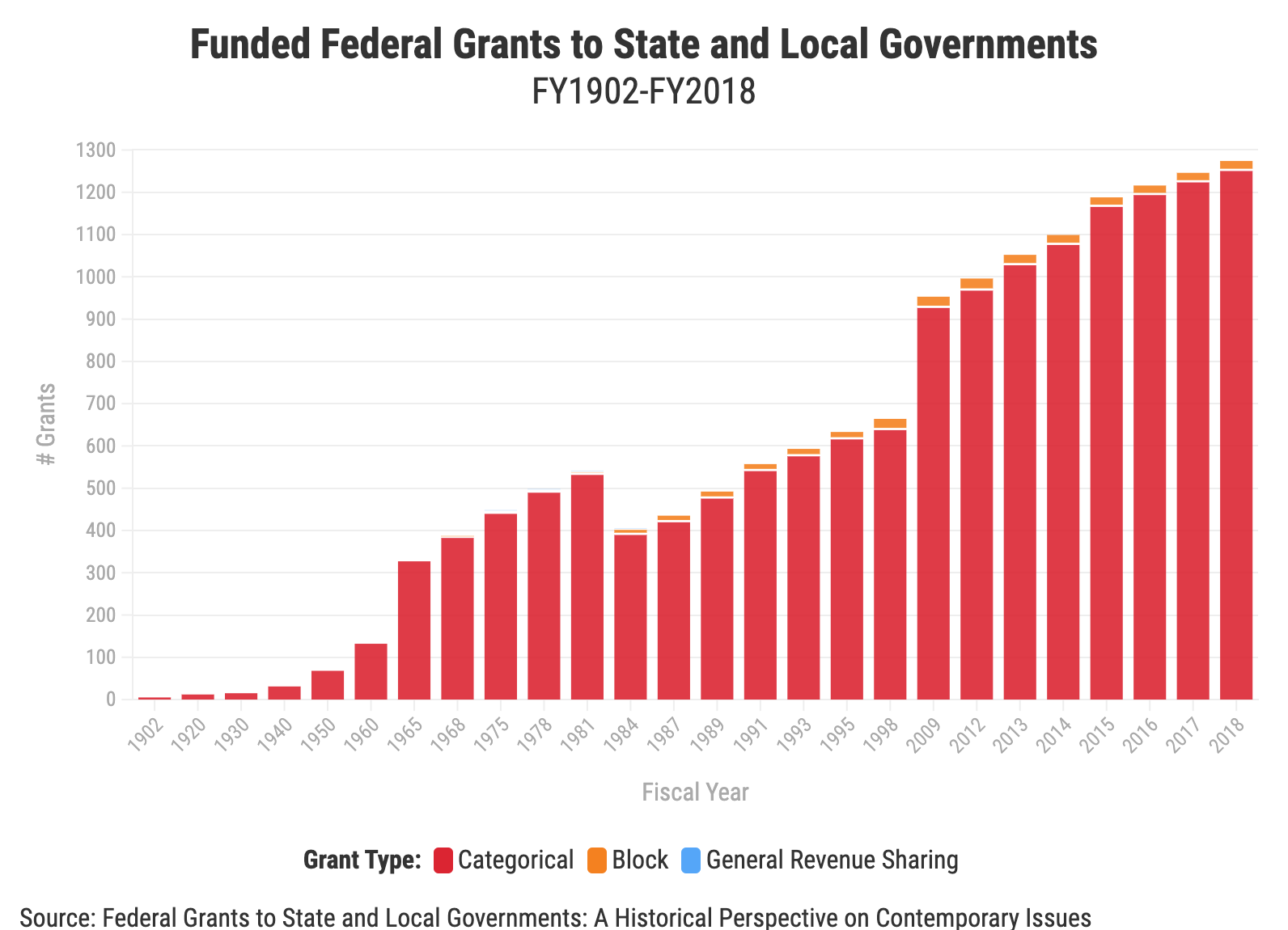The Roles of State Legislatures
All state lawmakers have an active role to play in ensuring that their state’s federal funds meet their intended goals and support the services that their communities need to thrive. Although legislative authority over the budgeting process varies from state to state, legislators are uniquely positioned to be powerful advocates, community conveners, change agents, and watchdogs over how federal funds are spent in their states, from the planning through implementation stages.
Coordination and Information-Sharing
State lawmakers can lead by supporting coordination between state agencies and local governments and communities seeking or utilizing federal funds. There are over 1,200 federal grants available to state and local governments alone, and countless other federal grants available to nongovernmental entities such as nonprofits, small businesses, economic development corporations, and institutions of higher education. In this role, legislators can support collaboration, information-sharing, efforts to monitor major federal changes to grant programs, and technical assistance for grant applicants in order to maximize federal funding to support essential services and programs.

Budget Development and Policymaking
Legislators can maximize federal funds through legislative changes or by working with state agency officials. Innovative policy changes that establish additional state matching funds as an incentive or expand federal programs to include populations that are ineligible by federal law using state funds can widen the reach of critical public services. Lawmakers can also work to identify administrative or legislative changes that would streamline program administration, align state policy with the federal ceilings established within a grant program, and ensure that the processes put in place are accessible to current and newly elected lawmakers.
Oversight and Continuous Improvement
Policymakers also play a crucial role in providing oversight over the appropriate use of federal funds and in monitoring outcomes. Where state agencies have regulatory and administrative powers over federally funded programs and grants, lawmakers can work with local advocates and program participants to establish standards for sharing power with their constituents through community input, feedback, and oversight. Similarly, legislative bodies can establish processes to identify opportunities for innovation and improvement by measuring program and grant performance, including requiring racial equity-centered results-based accountability.